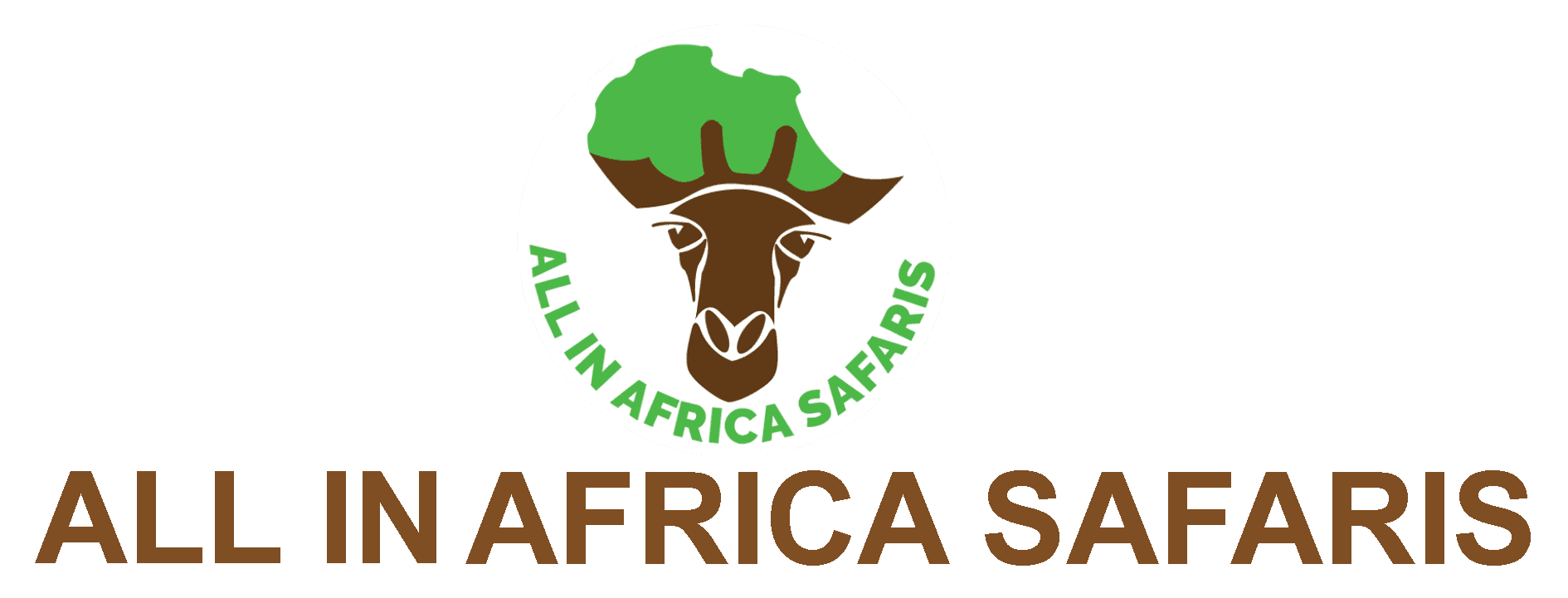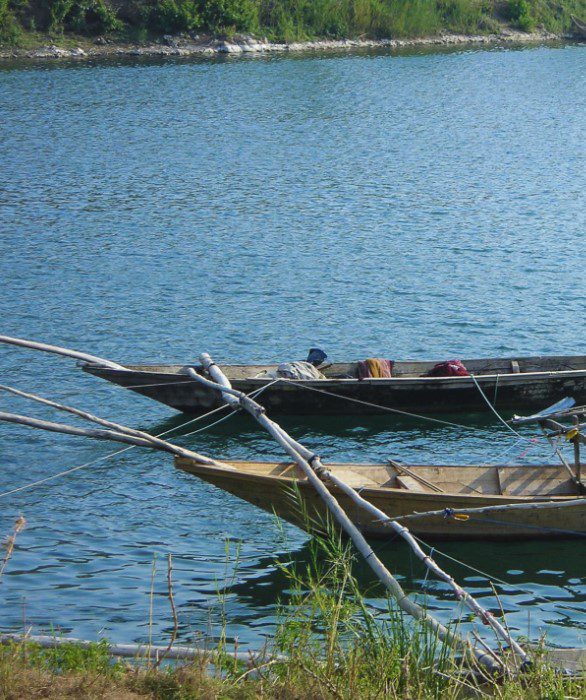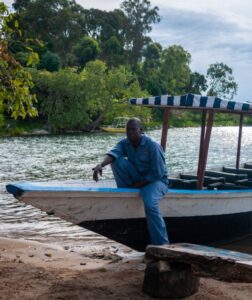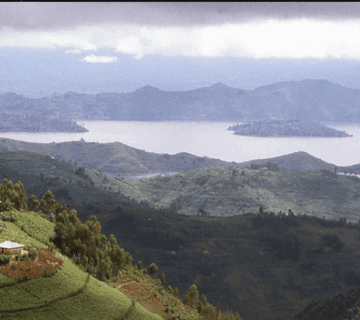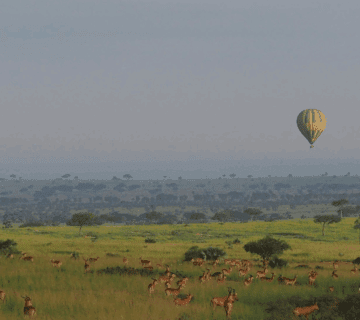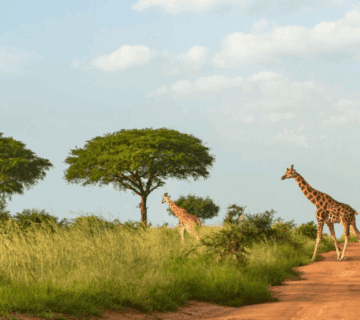How to Get a Fishing License in Rwanda: Your Guide to Sustainable Angling Adventures
Rwanda, often known as the “Land of a Thousand Hills,” is also home to an impressive array of lakes, rivers, and wetlands. Among the most cherished activities in the country is fishing. Whether you’re an enthusiast eager to cast your line into the sparkling waters of Lake Kivu or a local seeking to engage in sustainable fishing practices, getting a fishing license in Rwanda is an essential part of ensuring that your fishing experience is legal, enjoyable, and responsible.
Fishing in Rwanda is not just about catching fish; it’s about connecting with nature, supporting local communities, and promoting conservation. The government has implemented regulations to safeguard aquatic life and ecosystems while also providing opportunities for sustainable fishing. In this guide, we will walk you through everything you need to know about how to get a fishing license in Rwanda.
Why a Fishing License is Important
Fishing is more than just a pastime in Rwanda; it is a source of livelihood for many people, especially those who live near the country’s lakes and rivers. However, with this responsibility comes the need to ensure that the aquatic environment is preserved for future generations. A fishing license serves as a way to regulate fishing activities, manage fish populations, and prevent illegal or unsustainable fishing practices.
By obtaining a fishing license, you contribute to the well-being of Rwanda’s water resources, help ensure fair use of aquatic resources, and support the local economy. Plus, it gives you the peace of mind that you’re fishing legally and sustainably.
Steps to Getting Your Fishing License in Rwanda
Getting a fishing license in Rwanda is a straightforward process. Below, we have outlined the essential steps to guide you through the application:

fishing in Rwanda with a licensed permit Understand the Regulations
Before applying for your fishing license, it is important to familiarize yourself with the regulations that govern fishing activities in Rwanda. These regulations are designed to protect the environment and ensure that fish populations are managed sustainably. They cover various aspects, including the types of fishing gear allowed, fishing seasons, the types of fish that can be caught, and the locations where fishing is permitted.
The Rwanda Development Board (RDB) is the primary body responsible for issuing fishing licenses and regulating fishing activities in the country. It is also important to note that different regions in Rwanda may have varying rules based on local conservation efforts, so you should ensure that you’re following the specific guidelines for the area where you plan to fish.
Choose the Type of License You Need
Rwanda offers different types of fishing licenses depending on the purpose of your fishing trip. The most common types of licenses are:Recreational Fishing License: This is ideal for tourists or casual anglers who want to enjoy fishing as a leisure activity. It allows you to fish for personal enjoyment but may have limitations on the number of fish you can catch, the size of the fish, or the fishing methods you can use.
Commercial Fishing License: If you intend to fish for commercial purposes, such as selling your catch, you will need a commercial fishing license. This type of license comes with stricter regulations and is typically available for individuals or businesses operating within specific sectors, such as fishing cooperatives or fish farms.
Research or Educational License: This license is designed for scientific research purposes and is issued to institutions or individuals conducting studies related to aquatic life.
It’s important to select the correct license based on your purpose, as fishing with the wrong license can lead to penalties and fines.
Apply for Your Fishing License
Once you’ve determined the type of fishing license you need, you can proceed with the application process. Fishing licenses in Rwanda can be obtained through the Rwanda Development Board (RDB) or other authorized outlets such as local government offices or designated fisheries offices.
The process of applying for a fishing license is simple and typically involves filling out an application form. You will need to provide basic details, such as:
Full name and contact information
The type of fishing license you’re applying for
The location where you plan to fish
Dates of your intended fishing activity
A valid form of identification (e.g., national ID, passport for tourists)
Pay the Required Fees
To obtain your fishing license, you will be required to pay a fee. The fees vary depending on the type of license you are applying for and the duration of your fishing activities. Fees for recreational licenses are typically lower, while commercial licenses may involve higher charges due to the larger scale of fishing operations.
The payment can usually be made at the time of application via bank transfer, mobile payment services, or in person at designated payment centers. Ensure you keep the payment receipt, as it may be required when collecting your license or conducting your fishing activities.
Collect Your Fishing License
Once your application has been processed and the payment has been made, you will be issued your fishing license. This can either be done in person at the issuing office or through online channels (depending on the method of application). It is essential to keep your license with you when you’re fishing, as failure to produce it upon request by authorities can result in fines or other penalties.Comply with Local Fishing Guidelines
After obtaining your license, remember that fishing in Rwanda is subject to local regulations. Depending on the area where you’re fishing, certain restrictions may apply, such as seasonal fishing bans, protected fish species, and designated fishing zones. Be sure to follow all local rules to protect the ecosystem and ensure that you’re fishing sustainably.
How Much Does a Fishing License Cost in Rwanda?
The cost of a fishing license in Rwanda can vary depending on the type of license and duration. Generally, recreational licenses are more affordable compared to commercial licenses, but exact prices will be provided by the Rwanda Development Board or the relevant authorities at the time of your application.
For tourists, the fees may also include additional costs for guided fishing tours or services. It’s always a good idea to inquire about the total cost before applying so that you can plan your budget accordingly.
Additional Tips for a Successful Fishing Experience in Rwanda
Respect Conservation Efforts: Rwanda has made significant strides in preserving its natural resources, including its aquatic ecosystems. Be sure to adhere to local rules and regulations, including catch limits and no-fishing zones, to contribute to the conservation efforts of the country.
Choose the Right Gear: Ensure that you use environmentally friendly fishing gear. Avoid harmful practices such as overfishing, using non-biodegradable fishing materials, or engaging in activities that could harm aquatic wildlife.
Engage with Local Communities: Many of Rwanda’s fishing areas are inhabited by local communities that rely on fishing as a livelihood. Engage with local fishermen and respect their customs and traditions. This helps foster positive relationships and supports the local economy.
Plan Your Trip: Some of the best fishing spots in Rwanda are located in remote areas, so it’s essential to plan your trip carefully. Whether you’re fishing on Lake Kivu, Lake Muhazi, or one of the smaller lakes, make sure you have the necessary provisions, transportation, and permits.
In Conclusion
Fishing in Rwanda is a rewarding experience that connects you with nature, offers beautiful landscapes, and supports sustainable practices. By obtaining a fishing license, you’re not only ensuring that your fishing activities are legal but also contributing to the long-term health of Rwanda’s aquatic ecosystems.
With this guide, you now have all the information you need to get started on your fishing adventure in Rwanda. Whether you’re fishing for fun, research, or business, the process is simple, and the benefits are immeasurable. Enjoy your time on the water and make sure to fish responsibly!
